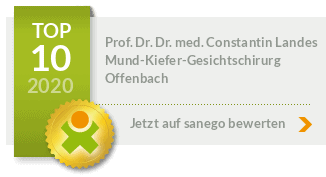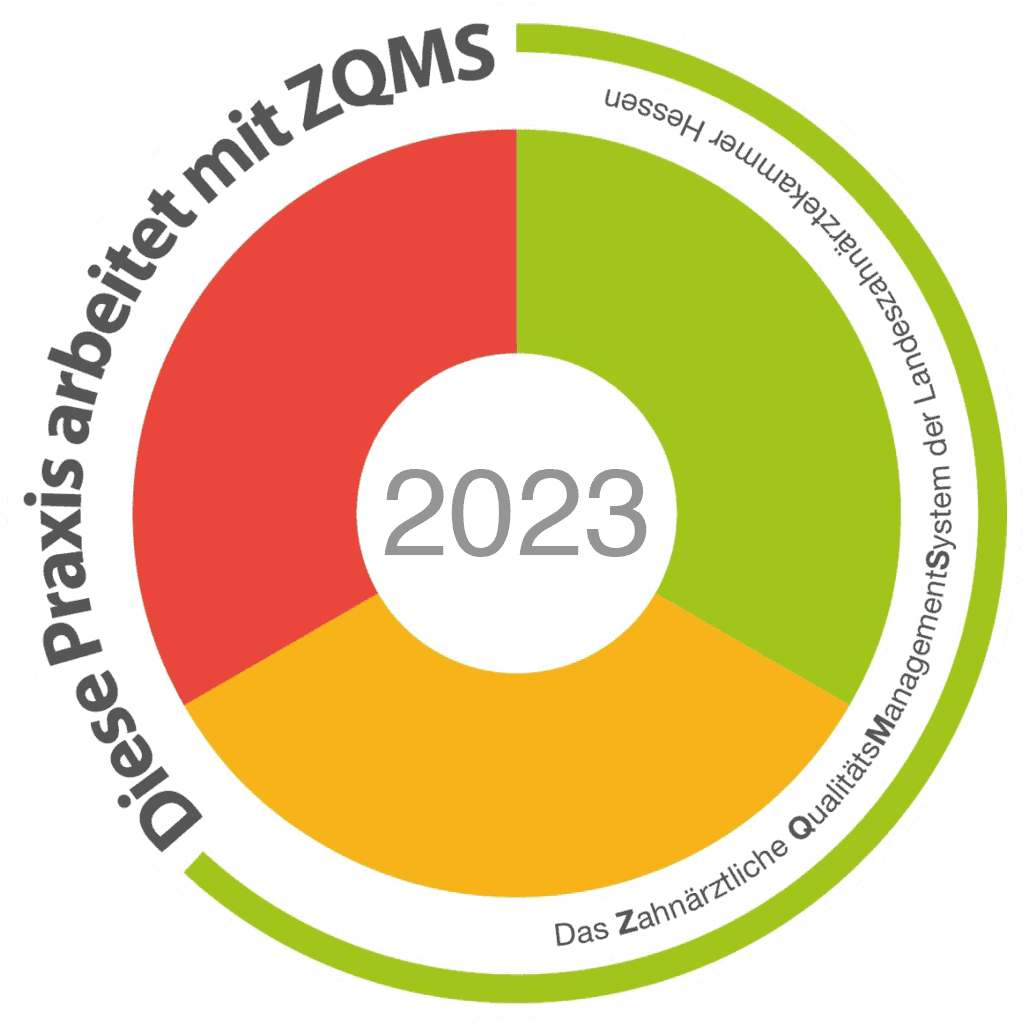Removal of teeth not worth preserving
Extraction or the surgical removal of a tooth that is not worth preserving is one of the most common dental surgery procedures. Careful clinical and radiological examination is followed by a gentle local anaesthetic. This must then take effect – which usually takes longer than the actual procedure, which is usually over in just a few minutes.
If you have severe general illnesses or are taking blood thinning medication, we will usually discuss such procedures with you at a prior appointment, for example how to take the blood thinners before and after the operation. Only rarely does the treatment have to be carried out as an in-patient and under the supervision of an anaesthetist.
According to the requirements of the statutory health insurance, all these operations must be performed under local anaesthesia for patients over 12 years of age. Treatment under sedation or under general anaesthesia is possible – unless medically contraindicated. Both options are co-payments for people with statutory health insurance. These may be covered in whole or in part by supplementary insurance. Please understand that we cannot assist you in arranging for the costs to be covered or negotiate with your insurer.
Therefore, please inform yourself in good time about any additional costs for the anaesthesia of your choice.
We treat bones with gentle ultrasound, demonstrated here on a raw egg. As an alternative to ultrasound bone treatment, we use the microsaw, especially in jaw bone augmentation (right or second video).
Are you looking for help?
We will be happy to advise you on the possibilities of conservative or surgical treatment of your health problem affecting the mouth, jaw or facial area. We’re happy to help! You can reach the Landes & Kollegen Practice by telephone on +49 (0) 69 8405-1380 or by e-mail.
All planned surgical treatments are preceded by a detailed consultation, which can also take place several times and repeatedly.
We speak German, English, French, Spanish, Arabic and Portuguese.
Our regular office hours are:
Monday, Tuesday, Thursday: 8:00 – 17:00, Wednesday: 8:00 – 13:00, Friday: 8:00 – 16:00
as well as our fast-track consultations on Tuesday, Thursday and Friday, between 8:00 and 9:00 each day!

The new me as a 3D simulation
Design your own dream face! Simply upload selfies, simulate them free of charge with the Crisalix 3D software and bring them to your appointment with us!





